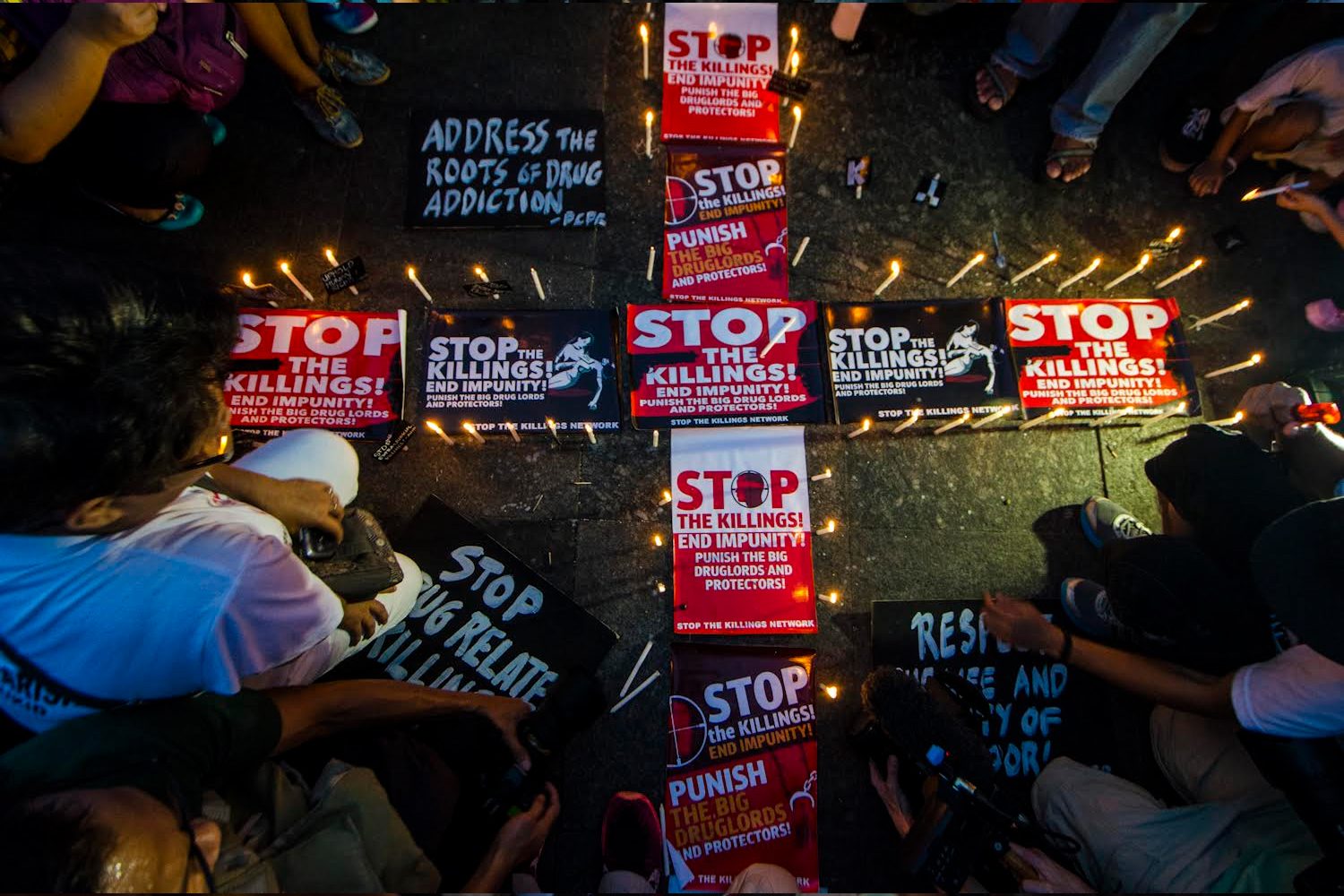SUMMARY
This is AI generated summarization, which may have errors. For context, always refer to the full article.
 Imagine this:
Imagine this:
Person A was found to have 5 grams of shabu (methamphetamine hydrochloride) at the back pocket of his pants. Is Person A guilty of drug possession?
Probably yes. Most of the time, Person A will be convicted of violating Republic 9165 or the New Dangerous Drugs Act of the Philippines.
But there are instances that Person A can be innocent:
1. When the shabu found in the back pocket of his pants was “planted” as evidence by the police;
2. When Person A is a minor (say less than 12 years old); not aware that it was shabu; and Person A was unknowlingly used as a courier by drug syndicates;
3. When Person A is insane;
4. Other legal factors that may exculpate Person A of the crime.
That is why, Person A may be factually guilty of the crime (there is drugs on his/her body), but he/she can be legally innocent (it is planted evidence, he/she is minor, insane, etc). As such, there is a necessity for an impartial body and an established procedure to determine both the facts and the law.
It is up for the police and the prosecutor to prove the factual guilt, for the defense lawyer to highlight the legal innocence, and for a judge to determine if the factual guilt had been established beyond reasonable doubt and had met the requirements of legal guilt. This is the due process mechanism that is enshrined in the Philippine Constitution.

And that is the moral dilemma of Extra Judicial Killings (EJK) by the police. Guided by a moral certainty that they are cleansing Philippine society from the dregs of drugs, the police are given the license to be reckless and absolute—the police power to investigate, to prosecute, to deny defense, to judge, and to execute people. By simply claiming that they were attacked by the suspects, (which needs to be factually and legally established as well), the police have abrogated and destabilized the whole procedure. While they may be killing factually guilty people (actual drug dealers and users), there is an undeniably huge chance that many of the dead people may turn out legally innocent, if only given the proper forum to defend themselves. (READ: Duterte on EJK: Better for criminals to kill each other)
Additionally, EJK is a uniform set of capital punishment that does not distinguish the level seriousness of the offense: a first time drug user is quite different from an incorrigible drug dealer but are treated the same way—they are both dead. As such, police EJK takes away the power from judges to determine the proportionate amount of punishments. EJK removes the opportunity for correctional workers to rehabilitate drug users. While EJK is swift and severe, it is procedurally flawed and invites and creates more injustices.
While we abhor crime and drug use in the country, and we recognize the slow procedures that afflict our criminal justice system, these should NOT be an excuse for reckless killings. While we denounce the corrupt practices of the prosecutors, defense lawyers, and judges, and the failure of the legal profession in the Philippines, these frailties should NOT be an excuse to undermine our already fragile laws and weak constitution.
Otherwise, we are all morally guilty in the wanton genocide of our own people. – Rappler.com
Add a comment
How does this make you feel?
There are no comments yet. Add your comment to start the conversation.